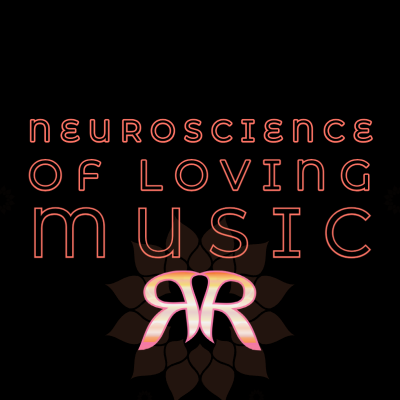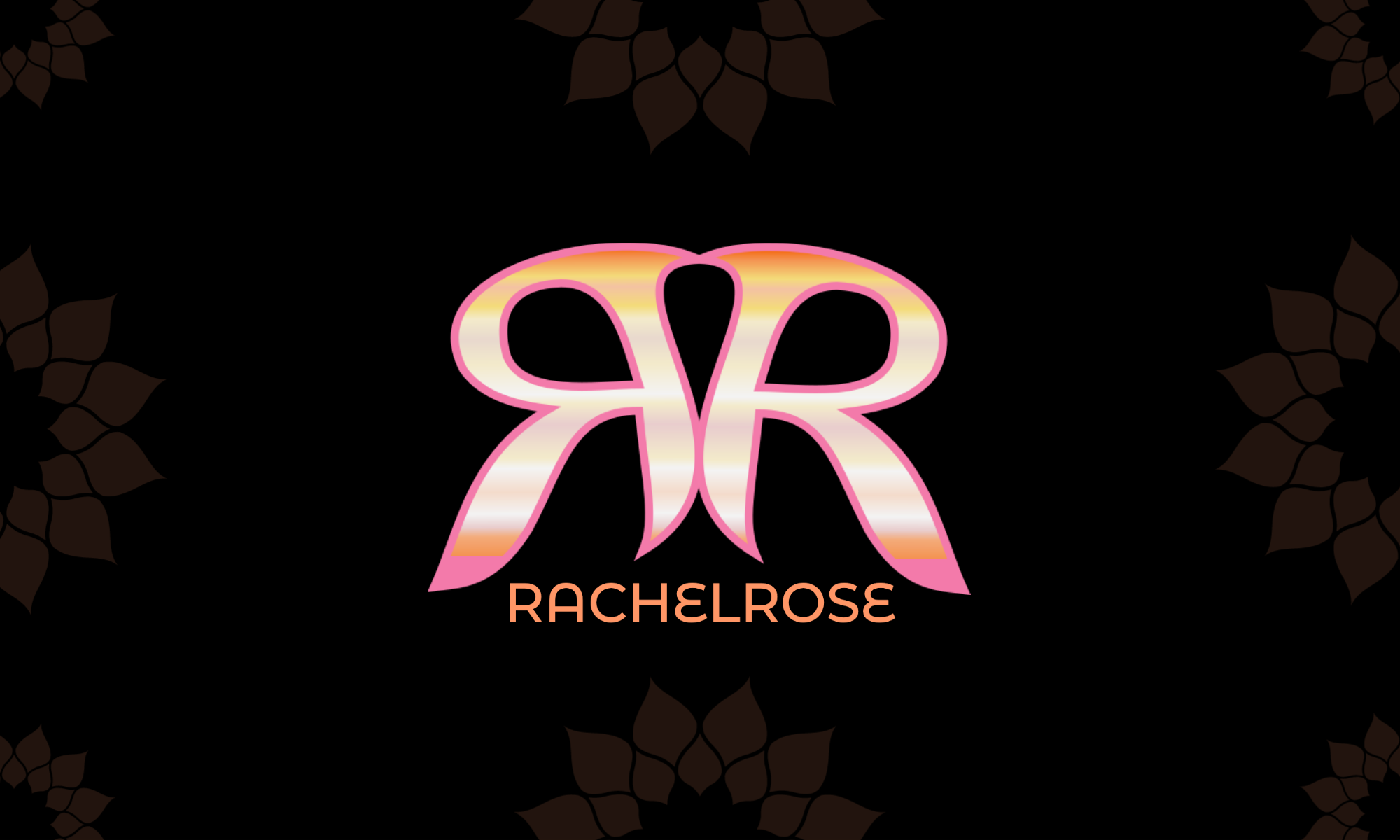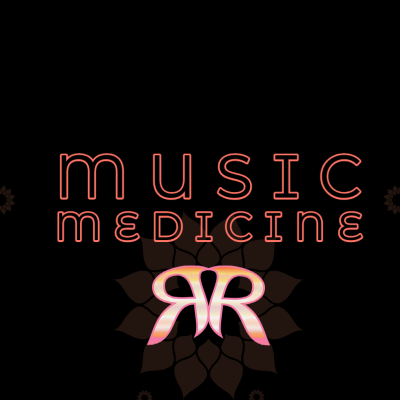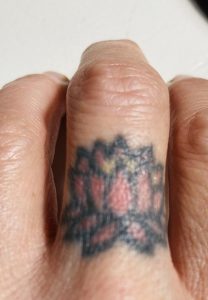Table of Contents
Neuroscience of Loving Music: Refrains in the Brain
In this 8-minute BigThink podcast, “The Neuroscience of Loving Music”, Michael Spitzer, Professor of Music at Liverpool University, walks us through the neuroscience of loving music.
As I mentioned in an earlier post about music as medicine, I am studying for a Master’s degree in Neuromusic. If you like this kind of content, please subscribe to my blog. I will be posting about this regularly.
The brain, muscular exertion, and sound
Spitzer begins by describing how the pulse of our steps rhythmically conditions humans. He says birdsong is as jerky as a bird’s movements as they fly through the air. Whalesong is as smooth as the whale’s movement through the water.
Humans walk on land, and the meters or rhythms that we are surrounded by have conditioned our brains, in musical terms. Music leads us on a “journey”, he says.
The links between music and our brains

The neuroscience of loving music is based on the link between sound and motion. This is due to connections in the brain between the motor regions of the brain and the regions controlling hearing. The deeper into the brain you go says Spitzer, the more universal the connections are.
The brain stem responds to reflexes in sound, and percussive elements, for example. The basal ganglia respond to pleasure, so, the feeling of like or dislike that you get from listening to sounds or music. Emotions arise from the amygdala, while the neocortex processes patterns and complexities (think chords, harmony, etc).
Music is more than relaxation or entertainment
Music and social cohesion
Spitzer touches on one of my favorite topics: loneliness and the effect of loneliness on our mental health. On my other blog, Rose Tint Your Life, I posted about the results of a 20-year study on the importance of social relationships.
Interestingly, he says that listening to music is not relaxing in and of itself. In fact, listening to music is very active. I agree.
“Music can bring people together…Music lowers stress, makes you happy, helps us to recall memories, and helps us to express our deepest sentiments in a way that words cannot.”
Michael Spitzer, Professor of Music, Liverpool University
Meditation Music
Looped music is incredibly repetitive and actually brings about feelings of irritation. I have long been aware of this. In our weekly seminar last Thursday, some of my fellow Master’s students mentioned how frustrating it is to listen to looped meditation music. As musicians, we are always following the timbres, meters, and motifs of music.
As a yoga and meditation teacher, I have tried streaming services for background music. All have failed, mainly because of the short, looped segments. Hence, the project that I am currently working on, MindSet Beats. Stay tuned!
Mimesis – mirroring in the brain
The science of music emotion is a world unto itself. Emotion isn’t just feeling. Emotion has an adaptive role. When we listen to music, when the music moves us, we mirror the sentiments of the sound and also those of the composer. Joy, anger, sadness, and fear can all be experienced by listening to music. Here, multiplatinum records producer and Berklee Professor, Susan Rogers, talks about the intersection of music psychology, psychoacoustics, the producer/engineer’s perspective, and the audience’s.
Frisson – the chills
Music can make out hairs stand up on end. This is known as frisson. I can it “The Feels”. I love that he says that “music is violence without the danger”. All the feelings, no physical harm. As Bob Marley said in Trenchtown Rock “one good thing about music, when it hits you feel no pain”.
Conclusion
Spitzer finishes the podcast “The Neuroscience of Loving Music” by saying that music is “an umbilical cord back to Mother Nature“. What a lovely thing to say! Happy Sunday, folks!



